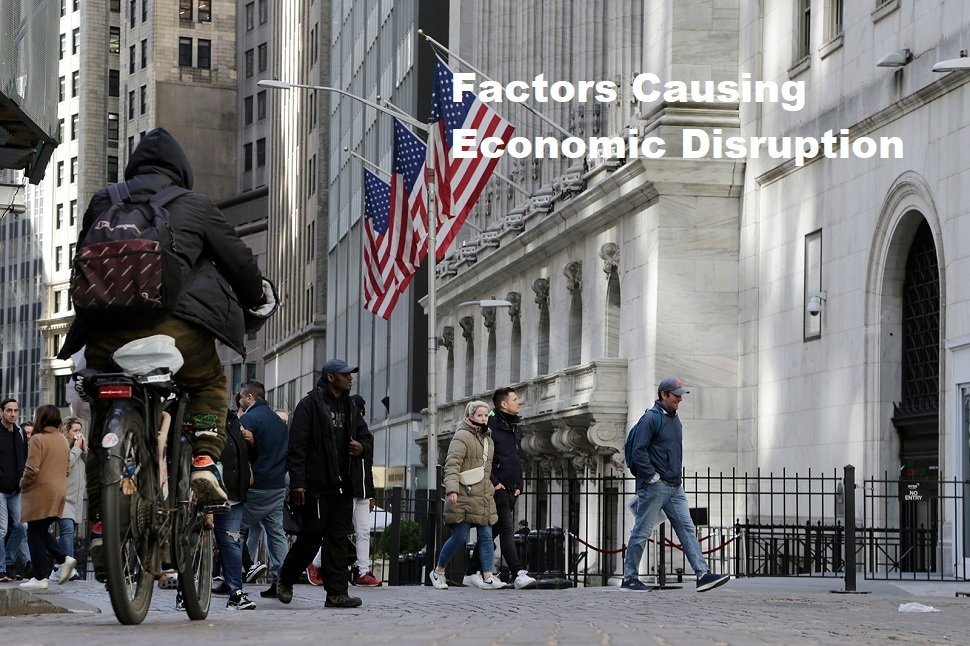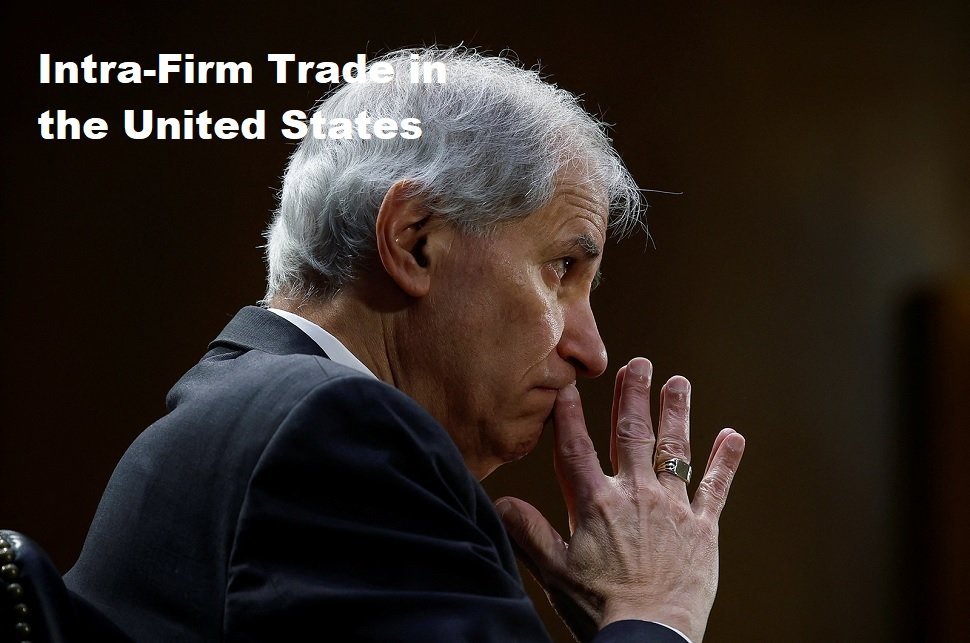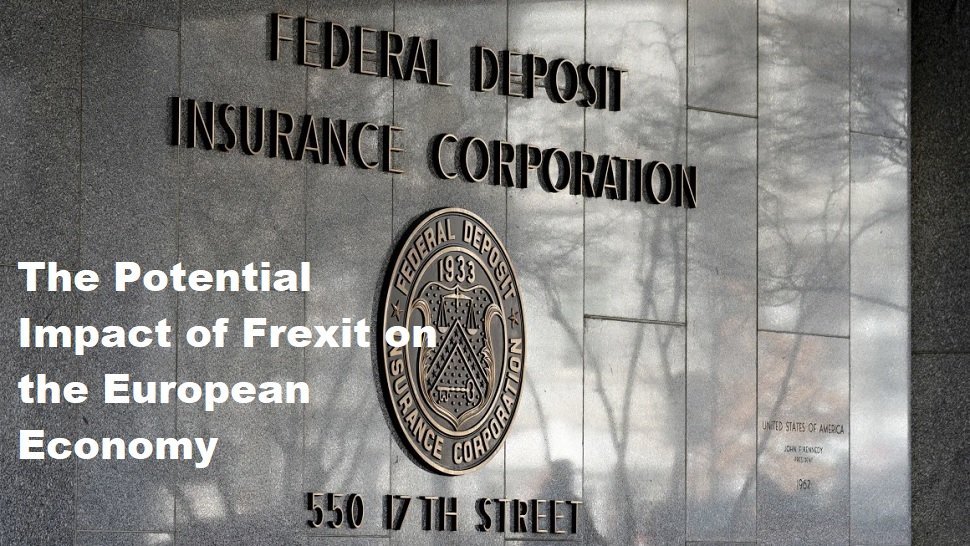Create an Amazing Newspaper
Stay Updated
Explore
Understanding the Corporate Transparency Act (CTA)
The meaning of the Corporate Transparency Act (CTA) is a law aimed at increasing the transparency of company information in the United States. This law aims to prevent money laundering, terrorism financing and other financial crimes by requiring companies to report who the true owners of the company are to the relevant government authorities. The primary goal of the CTA…
Understanding Sharia Economics and Conventional Economics
Sharia economics is an economic system whose principles and operations are based on Islamic law or Sharia. The uniqueness of sharia economics lies in the strict prohibition against the practice of riba (interest), which is considered detrimental and unfair in financial transactions. In addition, sharia economics also prohibits gharar (uncertainty) and maysir (speculation), which can often lead to economic instability.…
Understanding Cloud Mining
Cloud mining is a concept that allows individuals to participate in cryptocurrency mining without the need to purchase and manage…
Understanding Advance Pricing Agreement (APA)
As an introduction, the Advance Pricing Agreement (APA) is one of the instruments used in transfer pricing in the world…
The Three Elements of the Blockchain Trilemma
The Blockchain Trilemma is a concept that describes three main, interrelated aspects of blockchain technology, namely decentralization, security and scalability.…
More Stories
Examples and Implications of Using Credit Spreads in Investment
Credit Spread is a term used in the financial world to describe the difference in interest rates between two different instruments with different levels of risk. In general, Credit Spread refers to the difference between the interest rate or yield offered by two bonds or securities with different credit ratings.…
How Unit Linked Insurance Plans (ULIP) Work
Definition and Introduction of ULIP Unit Linked Insurance Plan (ULIP) is a revolutionary insurance product that combines life insurance with investments. This product offers double benefits for policy holders, namely financial protection for the family in the event of death or disability, as well as the opportunity to make profits…
Multilateral Linkages with Commodities
Multilateral is a term that is often used in the context of international relations, especially in the field of trade. In general, multilateral refers to an agreement or cooperation involving three or more countries. In the context of trade, multilateral refers to a system where countries agree to carry out…
Factors Causing Economic Disruption
Economic disorder is a state of instability that hits a country's economy. This situation includes various conditions such as high inflation, soaring unemployment, trade balance deficits, and extreme fluctuations in currency exchange rates. Generally, economic disorders are caused by a combination of several internal and external factors, such as changes…
Chaebol Influence on Economics and Politics in Korea
Definition and History of Chaebol Chaebol is a multinational business conglomerate that developed in South Korea. The term comes from the Korean words 'chae', which means rich, and 'bol', which means clan. They emerged as a result of the economic policies implemented by the South Korean government over the past…
Intra-Firm Trade in the United States
Intra-firm trade, also known as internal trade, is the process by which a company conducts economic transactions with its divisions or subsidiaries. These transactions may involve the transfer of goods, services, or knowledge between various entities under the same corporate umbrella. This concept becomes important in the context of globalization…
Solutions and Alternatives to Reduce Consumerism
Definition and History of Consumerism Consumerism is a term that describes the major influence on consumer behavior and the values applied in everyday life. The focus of consumerism is on the individual's need to purchase goods and services as an important factor in creating self-identity, happiness and success. This idea…
Impact of Trade Wars on the Global Economy
Reasons and Background of the Trade War The trade war between the United States and China is one of the significant trade conflicts in global economic history. The main cause of this trade war is the United States' dissatisfaction with China's trade practices, which are considered detrimental to the US…
The main role of a Certified Public Accountant
Understanding Certified Public Accountant A Certified Public Accountant (CPA) is a financial professional who has passed the internationally recognized CPA exam and then met certain additional requirements required by the state or jurisdiction in which they wish to practice. CPA is an acronym for Certified Public Accountant, which basically refers…
The Potential Impact of Frexit on the European Economy
Frexit is a combination of two words, "France" (France) and "exit" which refers to the idea of France leaving the European Union. This term was born from global political and economic trends developing in several other European countries, such as Brexit in the UK. Frexit was first introduced in public…
Most Popular
Sanae Takaichi Made History as Japan’s First Female Prime Minister
On October 21, 2025, Japan entered a new chapter in its political history as Sanae…
Consequences of Zero-Sum Games in Economics
Definition of "Zero-Sum Game" Zero-sum games are a concept in game theory and economics that…
Measuring Depreciation Adequacy
Definition of Depreciation Adequacy Depreciation adequacy is an important concept in the financial sector related…
The Role of Quote Currency in Transactions
Understanding Quote Currency Understanding quote currency is an important concept in the world of trading,…

















